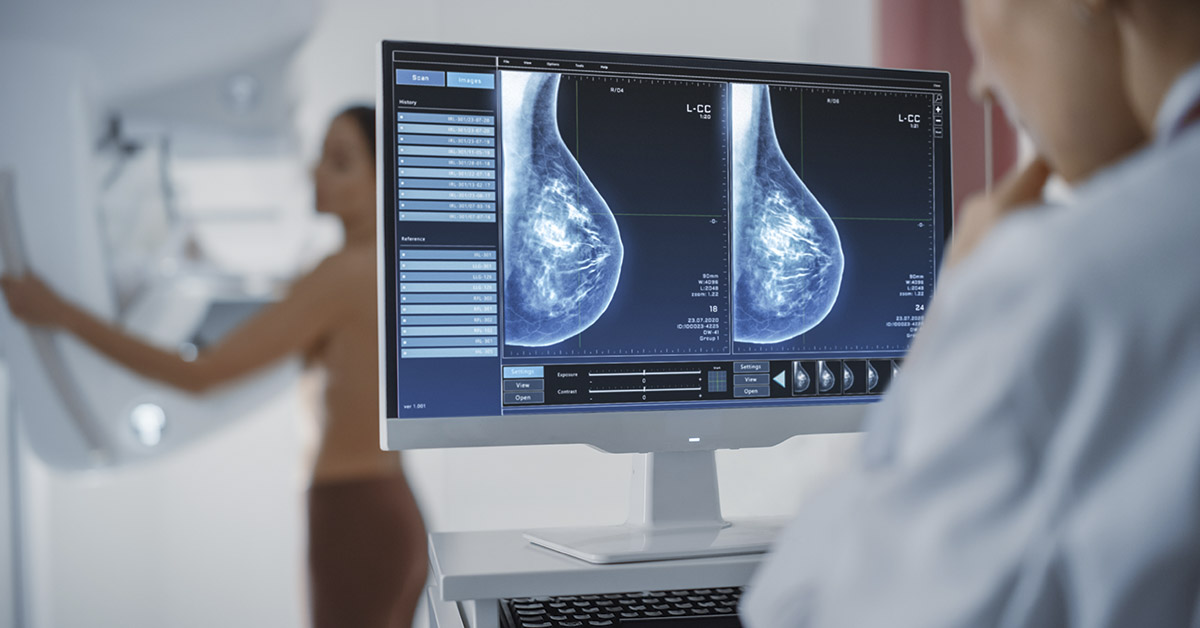
A report from the American Cancer Society has revealed a concerning trend in cancer rates among younger adults, despite an overall decline in cancer deaths. The report highlights an increase in colon and breast cancer cases in this age group, posing significant challenges to healthcare professionals in the fight against these specific types of cancer.
Cancer Deaths Down, But Rates In Young People Up
While cancer deaths have declined by 33% since 1991, preventing approximately 4.1 million deaths, there has been a troubling increase in cancer diagnoses among younger adults. The decline in cancer death rates is attributed to reduced smoking rates and advancements in treatments and therapies. However, the rise in colon and breast cancer cases in individuals aged 50 and below is a cause for concern. (1)
Of particular concern is the rise in deaths from colon cancer among younger individuals, which has now become a leading cause of death among men under 50 and the second leading cause among women in the same age group. Colon and breast cancer now surpass lung cancer as the leading causes of cancer death for individuals under 50. The report also projects a total of new cancer diagnoses in the United States to surpass two million, equating to approximately 5,480 diagnoses each day.
What Is The Cause?
The reasons behind the increase in cancer rates among younger adults are not fully understood. Rising obesity rates and unidentified environmental factors are proposed as potential risk factors. The American Cancer Society emphasizes the need to better understand the environmental factors influencing cancer incidence and mortality rates in young individuals.
To address the growing number of cases, health officials have recommended lowering the age for average-risk individuals to start screening for colon and breast cancer. The current recommendation suggests starting screenings for colon cancer at the age of 45 and for breast cancer at the age of 40. Early detection plays a crucial role in successful cancer treatment and provides an opportunity for less aggressive therapies and higher chances of survival.
Not Just An American Trend
The trends observed in the United States align with those in other high-income countries, indicating that new lifestyles or environmental exposures for younger generations may contribute to the increased incidence of colon cancer. Factors such as exposure to chemicals in foods and the environment, as well as the recent legalization and increased use of cannabis, are considered potential risk factors. Regardless of the underlying causes, timely screenings and early detection are emphasized by healthcare professionals as critical in improving survival rates.
What To Do Now?
Addressing these trends requires a comprehensive approach that includes an improved understanding of environmental factors, increased awareness about the importance of screenings, and equity research and outreach to bridge racial disparities in cancer care. Healthcare professionals nationwide are actively working towards developing new treatment paradigms, prevention strategies, and early detection methods to combat the increasing incidence of colon and breast cancer among younger adults.
While the report highlights concerning trends, it also signifies the importance of continued research and investment in cancer prevention and treatment. Through collective efforts and proactive measures, it is possible to reverse the upward trajectory of cancer rates among younger adults and ensure a healthier future for all.
Keep Reading: 24-Year-Old Diagnosed With Stage 3 Cancer After She Overlooked Continuous Burping
Sources
- “Cancer deaths declining overall, but troubling increase for colon and breast cancer in younger adults: Report.” ABC News. Dr. Aishwarya Thakur. January 17, 2024.
- “Cancer incidence rising among adults under 50, new report says, leaving doctors searching for answers.” CNN. Jacqueline Howard. January 17, 2024.





